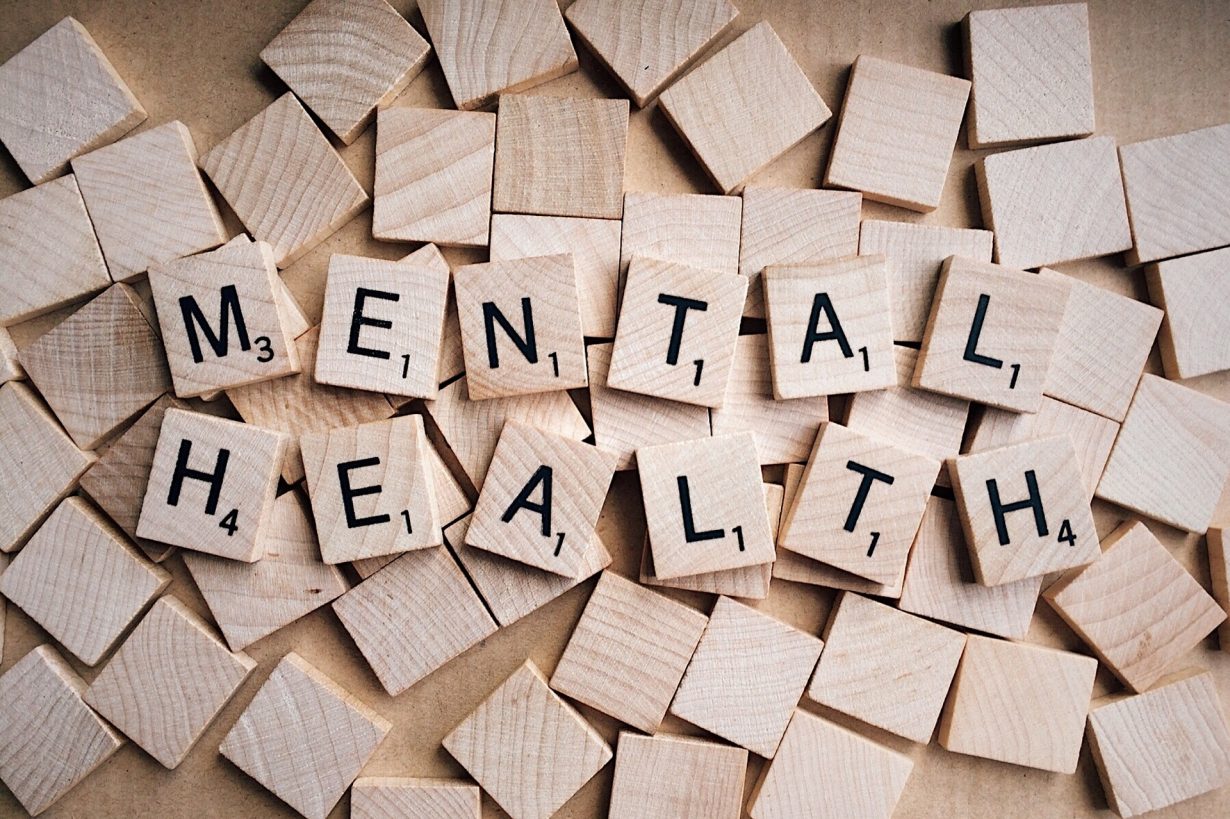
What We Should All Know About the Mental Health Legal System, How It Is Failing, And What We Can Do About It
Dr. Caroline Leaf – We need to approach everyone’s story with compassion, empathy and understanding, and seek to provide assistance that helps people suffering with mental ill-health get to a place where they can be happy and whole.
In this week’s podcast and blog, I interview Judge Shelyna Brown and attorney and former prosecutor Lori Volkman (who was a guest on my podcast several weeks ago) on the current state of the mental health legal system, how it’s failing to help those suffering with mental distress, and what we can do about it. This information is vital to anyone who works in the legal profession, has a family member or friend in the system, or for anyone who wants to gain a better understanding of what is going on and how to help make a difference in their community.
Judge Brown started out as a public defender, interacting with different clients with mental health issues or concerns. For the last seven years, she has dealt with mental health in the criminal system from a judicial point of view, and is passionate about making the system better for everyone. Lori Volkmann, a former prosecutor in civil court, is now an attorney that represents clients with mental health issues.
Both Judge Brown and Lori Volkman shared some helpful tips with me on what is wrong with the current system of mental health, and how we can start getting our community involved in mental health initiatives:
1. Make sure officials, advocates and lawyers are well-informed when it comes to mental health:
As Judge Brown and Lori note, many people suffering from mental distress who commit misdemeanors (minor crimes like vandalism) are treated as criminals in the current legal system, while their mental health concerns are overlooked or unidentified. As a result, these individuals are punished when they really need to be treated. This is why it is so important that lawyers and mental health advocates understand their clients’ history and are knowledgeable about their mental and emotional state so they can fight for their interests and a just outcome (preferably in a specialty court that deals with mental health cases).
It is also important that law enforcement officials are informed as to an individual’s mental concerns, so that symptoms are not misinterpreted as “rebellion” if they are called to a scene, which can make a tough situation worse. Moreover, police and other law enforcement officials need to receive adequate mental health training, or they may mistake a mental health symptom for noncompliance, belligerence or wrongdoing. This often happens with cases of psychosis, which can look similar to cases of excessive drug or alcohol use if an official has not received any mental health education.
2. Reduce stigma:
We must not let the stigma of mental ill-health deny someone the care and concern they rightly deserve and need. As both Judge Brown and Lori point out, people should never be afraid or ashamed to say that someone is going through a rough period mentally or physically. As I have said many times before, we are all human, and we all suffer from mental ill-health in different ways and at different times.
We need to approach everyone’s story with compassion, empathy and understanding, and seek to provide assistance that helps people suffering with mental ill-health get to a place where they can be happy and whole.
3. Make sure everyone has an advocate:
In many cases, mental health victims are alone, such as foster children and homeless individuals. Often, they have no advocates to speak up for them or inform the authorities as to their history or state of mind, which can result in involuntary hospitalization and unfair sentences. As Judge Brown notes, this is a “huge hole in the legal system”.
There is a desperate need in communities across the US for grassroots organizations and programs to acknowledge address the mental health concerns of these individuals before they enter the legal system. In the absence of sufficient mental health initiatives like community therapy programs and educating people on alternatives to labeling and medication, we are turning mental health crises into long-term, chronic situations: an individual with mental health concerns goes through the legal system multiple times, which only makes their situation worse and impedes their long-term recovery.
4. Stop the revolving door:
It is often the case that someone with mental health issues is just medicated well enough to get them out the system. The root cause or causes if their mental distress is not addressed, which establishes what Lori calls a “revolving door” pattern of punishment and mistreatment as they individual is forced to go through the legal system multiple times without adequate care. This is not only heartbreaking, but expensive: taxpayer money is merely putting “band-aids” on open wounds.
This is why it is so important that both government agencies and other organizations focus on early, community-based mental health intervention, rather than legal prosecution and involuntary hospitalization once a mental health issue has already developed into a crisis point. As Lori points out, this is the case in Italy, Greece and the Netherlands, where, at the onset of mental health symptoms, individuals are able to receive assistance from various community programs.
In many cases, these people are lonely and confused, and just need a helping hand to get them on their feet again without the stigma or judgement of a mental health label. Life is tough, and we need to recognize this before judging people based on specific behaviors or actions. As I constantly say, we all need help now and then, and need to stop locking people in with labels and verdicts based on our limited conceptions of normality and mental health. This is why we, as an organization, constantly develop books, programs and apps that help people deal with their mental concerns and distress in a therapeutic, empowering and community-orientated way, while investing in research that will help transform the current system of mental healthcare.
For my full interview with Judge Brown and Lori Volkman, and more on what you can do to help change the mental health system, listen to this week’s podcast!
Here are some helpful references for more information on the current state of the mental health system:
(1) Clickable national map of laws related to involuntary hospitalizations. This site is pro-hospitalization, calling for increased beds, but it has a good summary for laws in every state and advocates for us to decriminalize the mental health system. https://www.treatmentadvocacycenter.org/browse-by-state
(2) State by state standards that actually lists the language of the state laws, as it applies to involuntary hospitalization. https://mentalillnesspolicy.org/national-studies/state-standards-involuntary-treatment.html
If someone is in the legal profession and has ideas on how to improve our current mental healthcare system, or wants to get involved in our mental health initiatives, email info@drleaf.com.
Judge Shelyna Brown and Lori Volkman will both be guest speakers at my 2019 Mental Health Summit in Dallas, TX. For more details on this event and to register go to: https://drleafconference.com. Book your place today—we are almost sold out!
To read the original article click here.
For more articles by Dr. Leaf click here.






